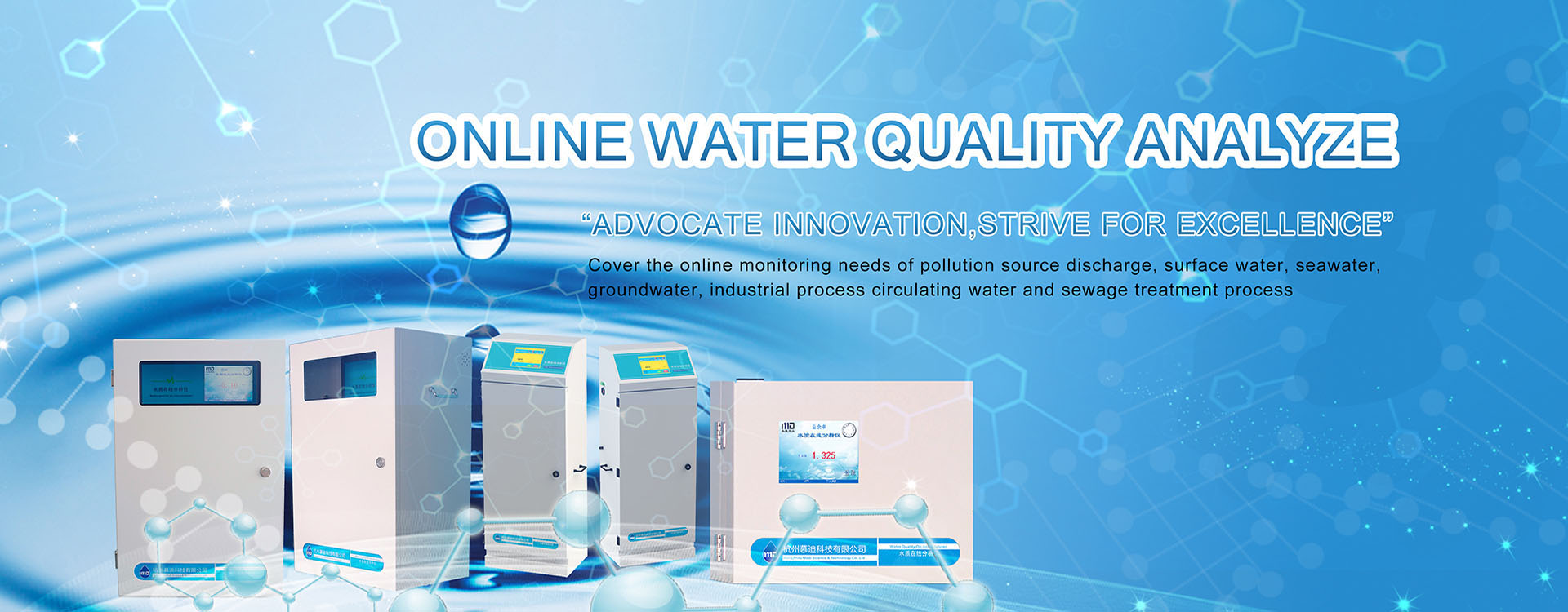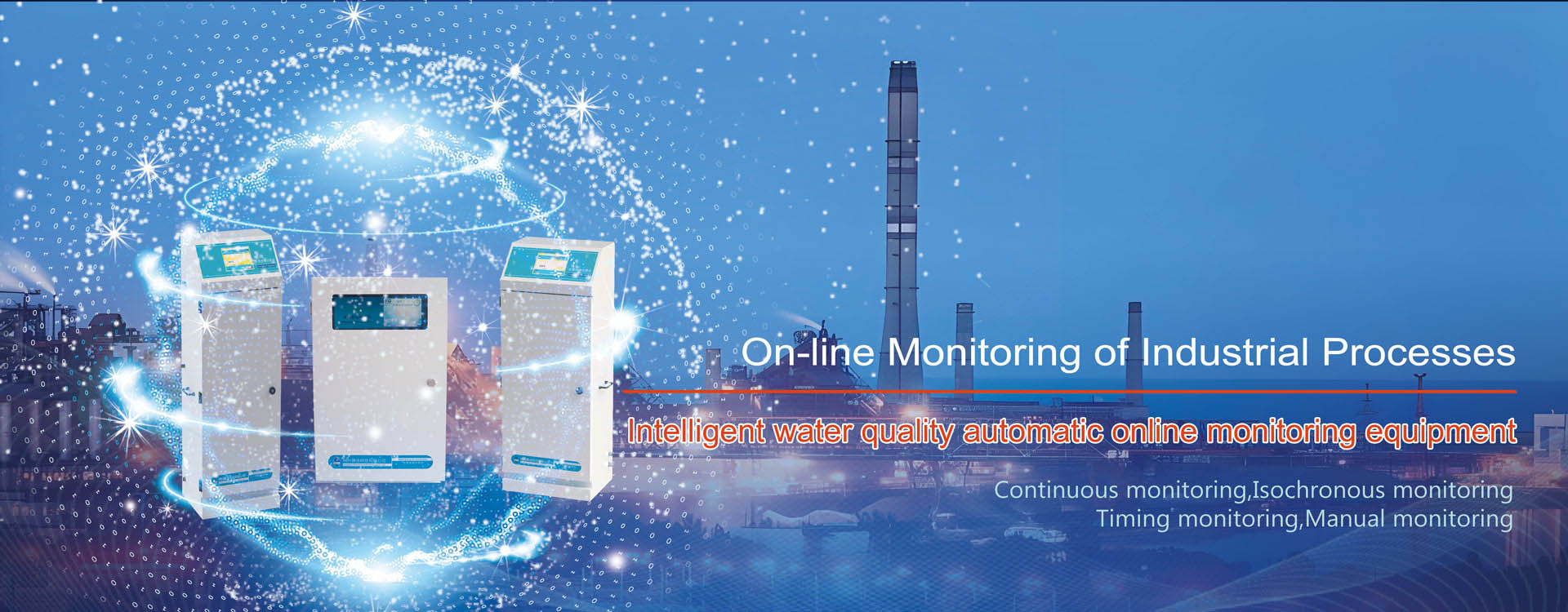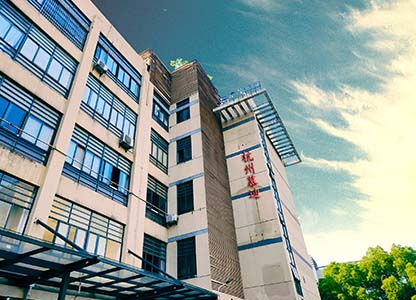With the rapid development of industry in the era, some enterprises in order to figure their own convenience, will be a lot of industrial wastewater, waste does not come out of the discharge, resulting in a lot of serious pollution of the rice field, so that the water quality monitor will be indispensable, used to detect the water quality in the rice field.
The pollution of industrial wastewater to rice is a chain reaction. Some wastes will enter the paddy irrigation water in the form of suspended solids, resulting in increased turbidity of rice irrigation water. In addition, due to the slowing down of the flow rate of irrigation water or the destruction of colloids, a large amount of suspended solids will settle in the water, and then cover the surface of the entire farmland in the form of metal powder and sediment, which will affect the fertility of the farmland. We need to know that the suspended industrial waste contains a lot of heavy metals, and the pollution of rice will become more serious in the long run! From the beginning, it causes rice growth, lodging, poor stress resistance, easy occurrence of insect pests, poor ripening, yield reduction and quality deterioration, to pollutants seriously affecting rice consumers and poisoning consumers.
It is because of this that the water quality monitor has become a test for whether the water quality of rice water supply and soil water exceed the standard, and if there is a problem, it will be improved in time. It is important to ensure the quality of the water in the paddy field! Because the PH value of irrigation water will not only directly affect the growth of rice, but also cause some nutrients to be lost or fixed by the soil, which will cause the rice to lack nutrients and die. (Through analysis and research, it is found that when the PH value is less than 4 and more than 9, the phenomenon of poor growth of rice will occur, and in serious cases, it will directly lead to the death of rice. For this reason, the national standard requires that the PH value of irrigation water allows the irrigation of rice fields under weak acid and weak base conditions of 5.5-8.5. However, some industrial wastewater with strong acidity or alkali is discharged randomly, and if the rice irrigation water source is polluted, the PH of the water quality will be greatly changed in the long run, and in serious cases, the rice will die in a large area.) In this situation, it is important to use water quality monitors, and through irregular monitoring, we can compare the data to analyze the rise and fall of acid and alkali.
In order to ensure the quality and quantity of rice production, we must strengthen the control of water quality conditions on which rice depends for survival. Although the phenomenon of indiscriminate discharge of industrial waste is so rampant, we must use water quality monitoring equipment to detect water quality from time to time and make the event transparent, so as to protect the interests of society and individuals.




